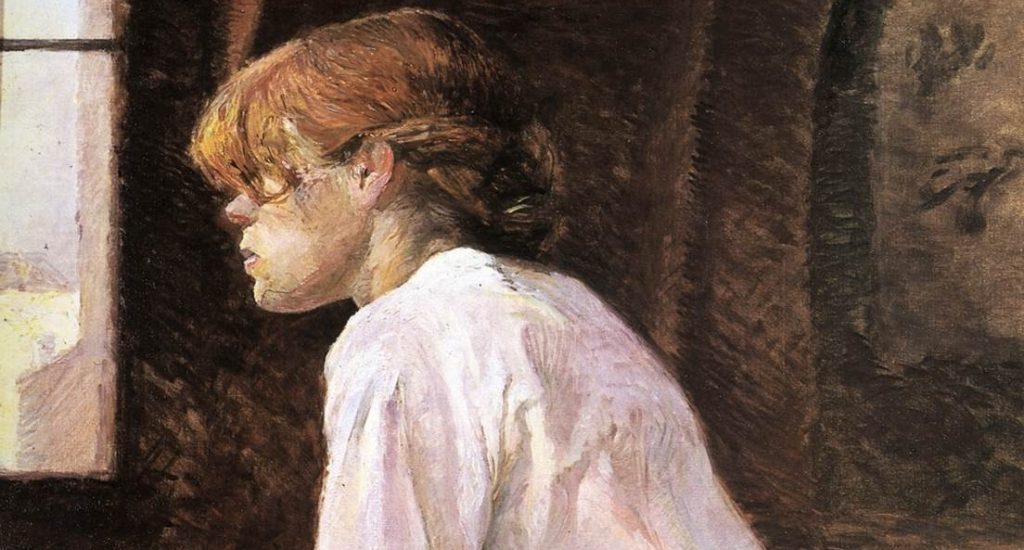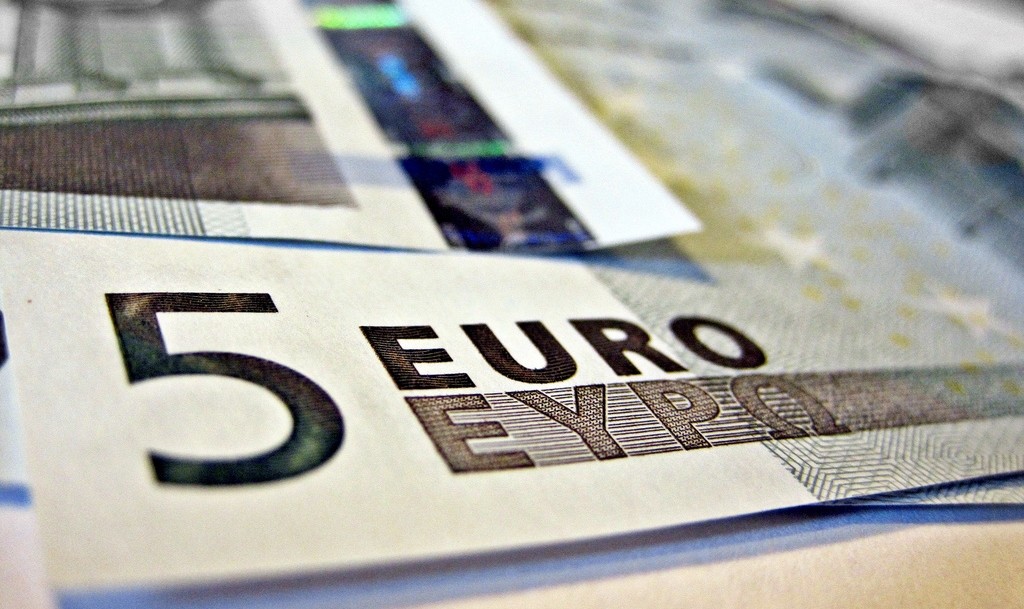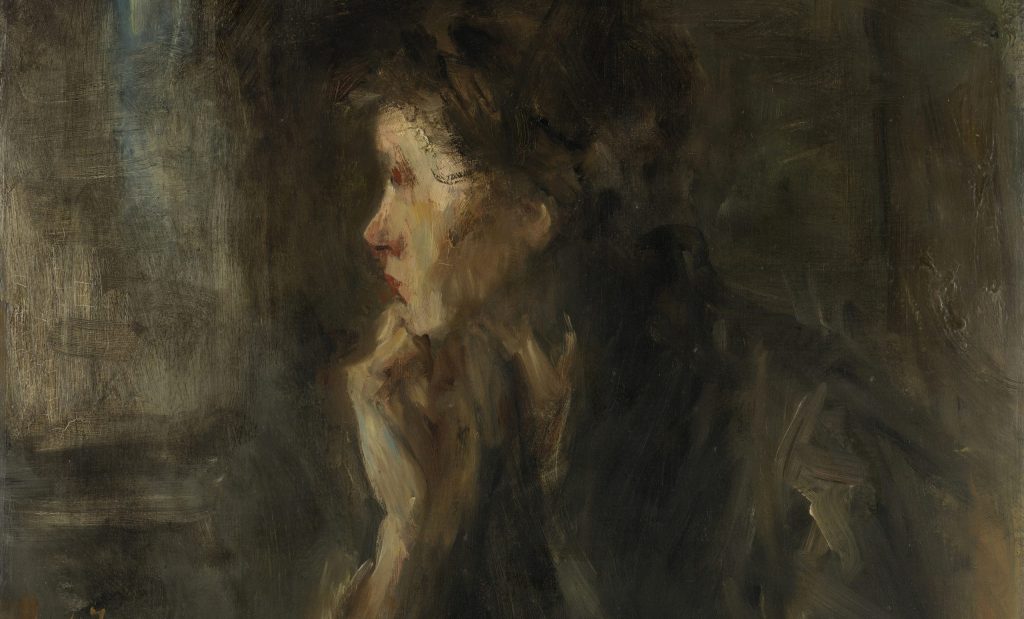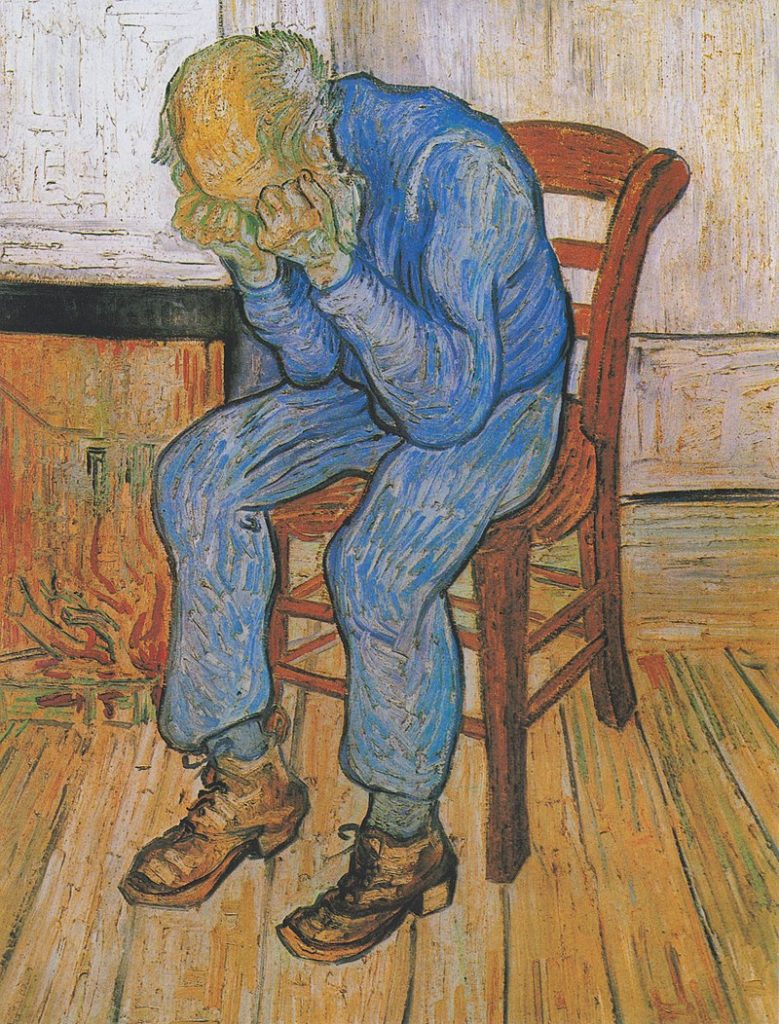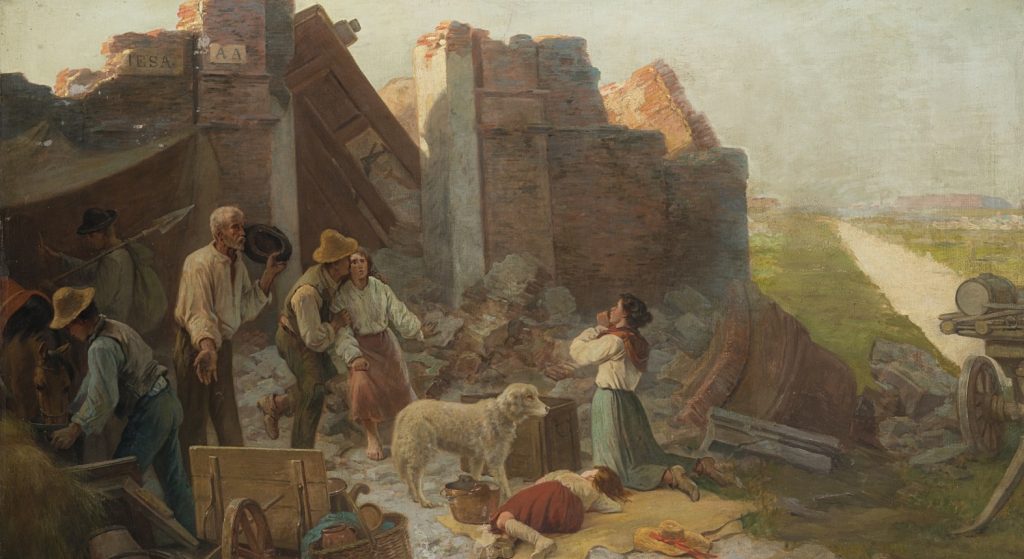
Ongoing Echoes of Polish Political Earthquake
BY
Projekt Polska / August 7, 2024
In recent days, the media in Poland have been dominated by information about the dispute over the election subsidy for Law and Justice (PiS), as well as the intense actions of the new government aimed at addressing the abuses of the United Right authorities. The awaited decisions by the National Electoral Commission and the arrest of former Deputy Minister of Justice Marcin Romanowski are the main topics captivating public opinion.




![Split Views from V4 [WEBINAR] Split Views from V4 [WEBINAR]](http://4liberty.eu/phidroav/2024/06/445215779_840954354735049_2252766663165185464_n.jpg)



